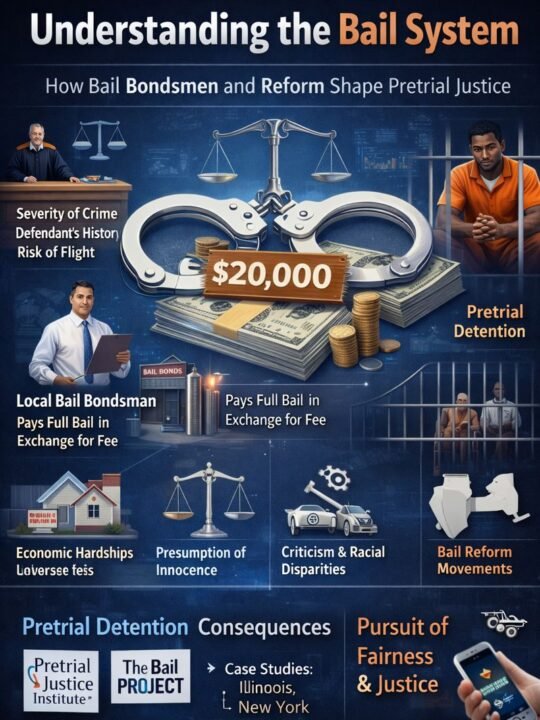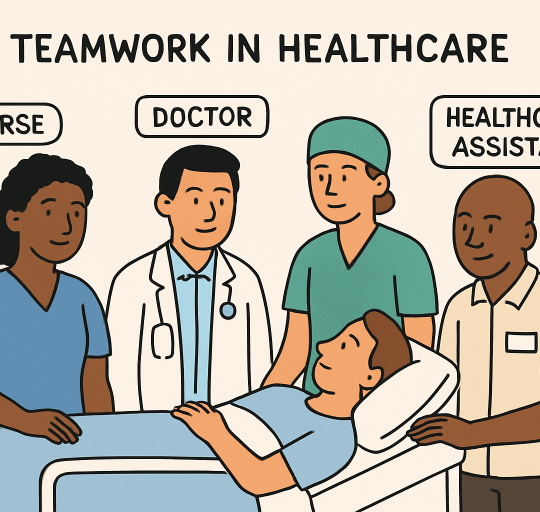
If you’d like to work in medicine, but you can’t see yourself becoming a surgeon or physician, and you don’t think nursing is for you, what are your options? Although we sometimes think of it in simple terms, the medical profession is broad, encompassing many different career paths. There are positions suitable for people of all abilities and levels of education, from hospital portering to drug development. This article looks at a few options that may not have crossed your mind.
Midwifery
Most of us need medical care from the moment we’re born. Midwifery has never attracted the same respect as its modern cousin, obstetrics, yet midwives still play an important role in most births and can earn a very good living doing it. They’re not just there at the moment of delivery – they also play a role in planning for it and providing training and support to make it go as smoothly as possible. You don’t need to be female to train as a midwife, but you do need a degree, and most people in the profession undertake a further two years of training after that. You’ll also need to pass an exam to be approved by the American Midwifery Certification Board.
Genetics counselling
There are always new areas opening up within medicine. The advent of genetic testing means that scientists are able to discover a great deal about an individual’s future health risks from DNA, but with this new power comes a new responsibility. Being told that you have a higher-than-average risk of developing a certain disease can be scary, even if that risk is still very small in real terms. Genetics counsellors need college degrees and a broad understanding of medical issues. They draw on this to put risks in perspective after test results come in, and to explain how particular changes in diet and lifestyle can help to reduce those risks.
Radiology
If you’re interested in physics as much as biology and you’re curious about how we can use technology to better understand the human body, radiology could be for you. A job that began with the discovery of the x-ray, it now incorporates magnetic resonance imaging (MRI), positron-emission tomography (PET), fusion imaging, ultrasound and the delivery of radiotherapy to cancer patients. This job requires getting through medical school and then undertaking four years of postgraduate study, plus you will need to be approved by the American College of Radiology. In return for all this, however, you can enjoy an impressive salary and interesting work that really will give you the opportunity to save lives.
Medical billing
When patients are undergoing multiple complex procedures and receivingmedical advice, nursing care and prescriptions, somebody needs to keep track of the cost of it all. Medical billing staff work out what’s covered on insurance and what isn’t, dealing with lots of different insurance companies and interpreting different policies. They chase up late payments and make payment plans with patients who are not able to cover all their bills at once, playing a crucial role in hospital administration. To pursue a career in this area, you’ll need a diploma in medical billing and coding certification as well as strong organizational skills.
Dispensing medicine
Whether you work in an independent establishment or as part of a hospital team, you can fulfil an important role as a pharmacist. It will be your job to process prescriptions and make sure that your customers know how to take their medicine properly, as well as ensuring that they’ve been fully informed about the side effects and know what to do if anything goes wrong. You’ll also need to give advice about over-the-counter medicines, explaining who can and can’t safely take them, and helping your customers work out what’s likely to be most effective for them. Becoming a pharmacist requires a specialist degree, but you can work in an assistant role part-way through your training.
Finding out what sort of medical career would suit you best involves considering the balance of your skills and interests. Are you a good communicator, are you good with numbers, or are you most drawn to doing something scientific? Do you like the idea of helping people directly, or would you prefer a quiet role in administration? How much study are you willing to undertake so that you can earn more later – or are there other factors that mean more to you than your salary? Finding the right path will always bring you rewards.







